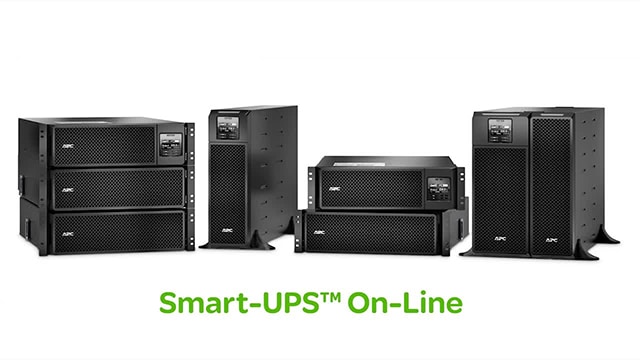Is one UPS system enough to protect your business from the effects of a potential power outage? While a UPS can certainly provide excellent protection against power surges and other technical problems that could otherwise damage your electrical equipment, what happens if a power outage lasts longer than expected? Would a standby generator be a useful addition to your emergency power supply plan? And will the UPS system work with the standby generator?
How To Configure The Compatibility Of The Generator And The Ups System?
While it is certainly worth investing in an uninterruptible power supply system and a standby generator, there are a number of important considerations that are often overlooked. For example, ensuring that the two systems complement each other and work properly.
You need to make sure that both UPS and generators are compatible and perfectly synchronised. With so many different options on the market today, it can seem overwhelming to find the right UPS system and standby generator that are matched.
Fortunately, we have some pointers that can help you make the right decision and avoid potential UPS compatibility problems.
Check The Voltage And Frequency: all UPS systems operate within a certain voltage range. Although they vary from one UPS device to another, they all have a limit point. Generators, on the other hand, are more flexible in terms of voltage and frequency and have a much wider range than the average UPS. Therefore, if the voltage and frequency of a generator are outside the limits of the UPS system, the UPS will reject it as a power source.
Ups Type Is Crucial: Another crucial aspect in ensuring compatibility between a UPS and a standby generator is the type of UPS.
For example, standby and line interactive UPSs draw power from batteries to balance frequency fluctuations. If you have a generator with an unstable or incompatible frequency, the UPS system may switch between power sources, ultimately reducing the capacity of the batteries, requiring additional maintenance and, in some cases, completely cutting off the power supply (which can be very problematic).
However, other types of UPS, such as double conversion devices, can filter different frequencies during regular operation, thus reducing the likelihood of battery discharges and power drops (which in turn reduces the need for UPS repairs/battery replacements that can be avoided).
Fuel Source: The fuel source of your generator is also an important consideration when configuring your UPS generator system configuration. For example, diesel generators can burn longer than most other types of generators, which can be crucial to ensure a stable power supply in the event of an emergency.
Does Generator Size Matter?
Contrary to what you may have been told, size does matter. However, it is not as simple and straightforward as you may have hoped.
When it comes to sizing the generators correctly, you need to make sure that the size of the generators exceeds the rated capacity of the UPS. Your generators must be rated at least 20-30 % over capacity to ensure power line conditioning.
The following factors should be considered when selecting the appropriate generator size to assist your UPS system:
- Make a list of all electrical equipment requiring backup power.
- Consider how each piece of equipment would affect your business if it were to fail. For example, which would have the biggest impact on your profits and reputation? (e.g., server rooms/data centres) Conversely, which equipment would affect the health and safety of your employees if it were to fail?
- Determine which electrical equipment does not need UPS support.
Is there equipment that may fail during a power outage without affecting your business?
Asking the above questions can help you determine exactly how much power you need from the UPS and therefore size the standby generator accordingly.


